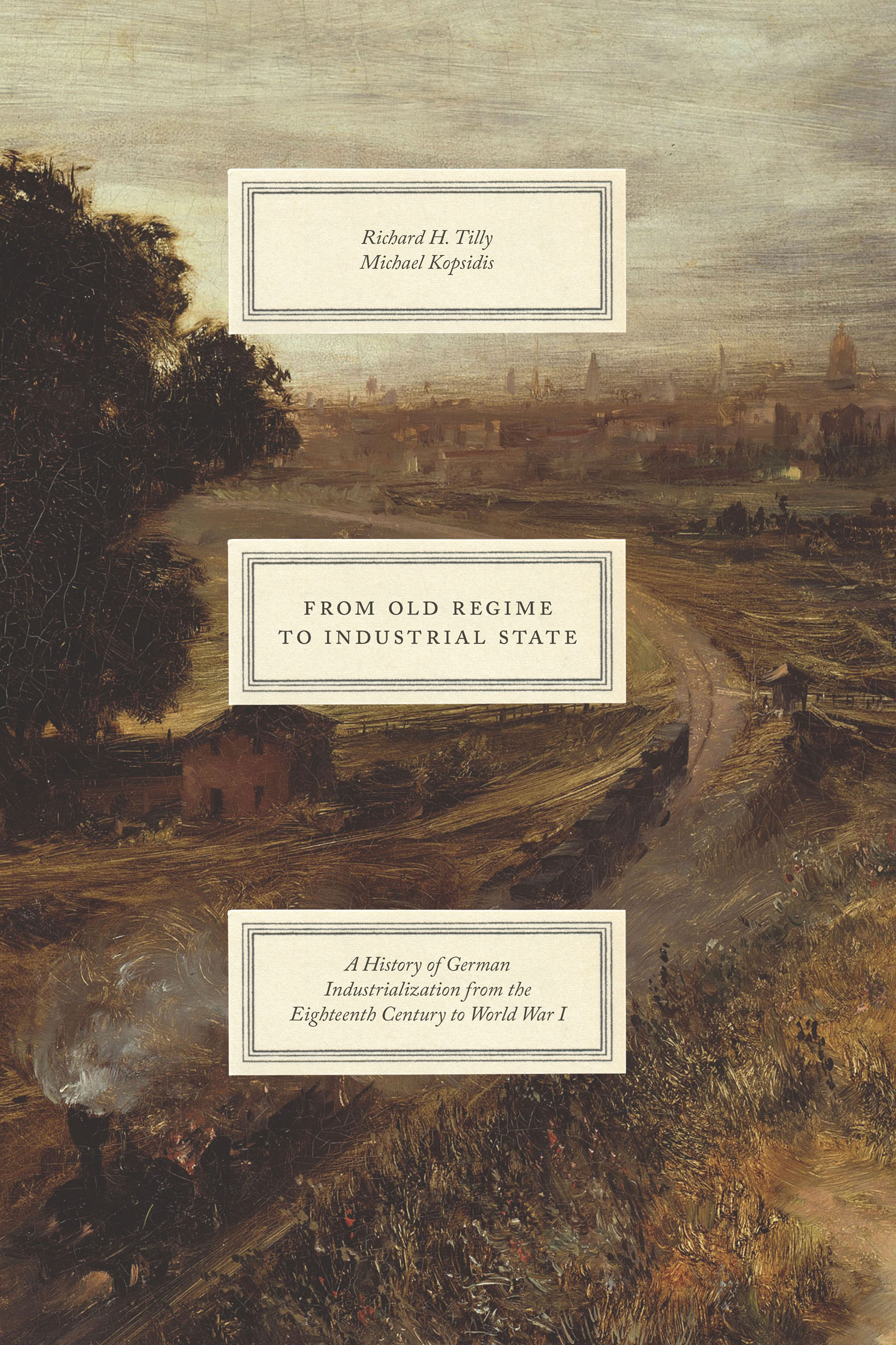Febrile neutropenia is a common complication in cancer patients and has been studied for more than 30 years. This is a field of cancer in which much progress in supportive care has been made, significantly reducing the morbidity and mortality from infections. Tremendous numbers of patients have already benefited from specific antineoplastic therapy and an even greater number could benefit from the prevention of infection or from the allevation of symptoms as a result of effective prophylaxis or adequate therapeutic strategies. This book evaluates the achievements in the past and identifies the major existing problems. It gives an overview of therapeutic possibilities and presents new concepts and strategies for making further progress.












